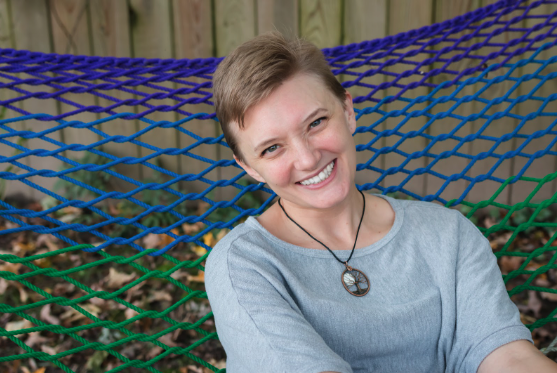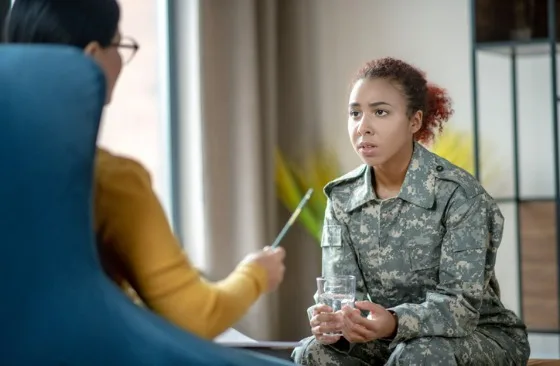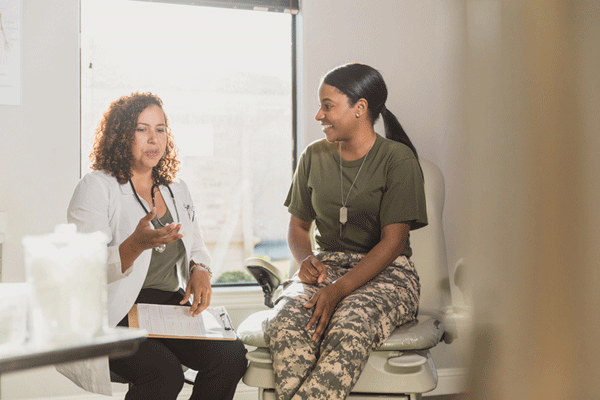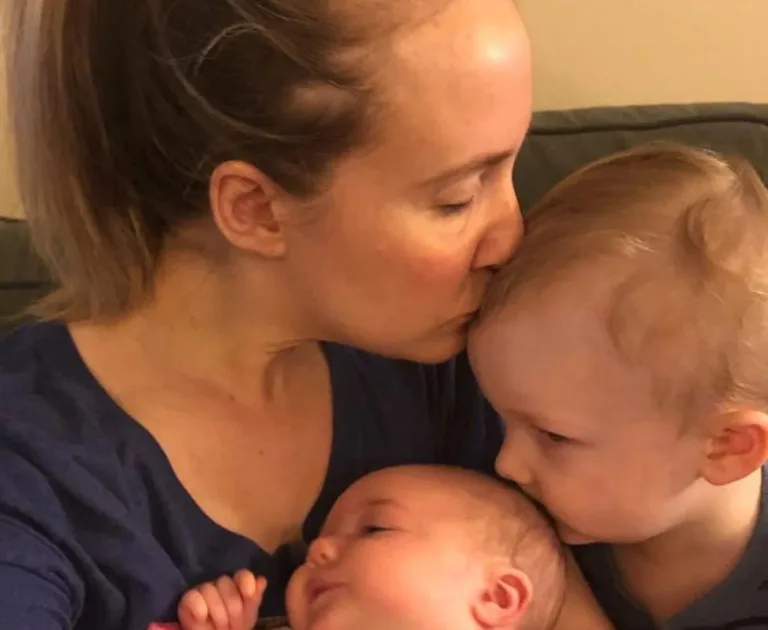As told to Erica Rimlinger
I joined the Army when I was 20, after a couple of years waiting tables and working as an emergency medical technician (EMT). My goal was to be a police officer in the military. I always wanted to serve, and I’m a determined person. I enlisted on Valentine’s Day in 2008 and, within two weeks, left Virginia for Missouri.
Right away, I loved my job. I was happy, and my husband and I wanted to start a family. We spent nearly a year trying to get pregnant, but once we did, it became clear my marriage was not as strong as I thought. Far from home, my husband was separated from his support network and had a hard time finding work as a firefighter and EMT.
My pregnancy was normal, but the birth was difficult. The delivery triggered sexual trauma from my adolescent years, and I struggled to find the words for the reasons I felt so awful after having my healthy baby. I loved him so much, but I was so overwhelmed.
I also dreaded returning to work as a military police officer. I’d been granted just seven weeks of maternity leave, and I struggled to heal, mentally and physically. Breastfeeding while working was difficult, not only because I was the only one doing it, but there was nowhere to go that was private and clean. I was told I could use a stall in the main bathroom, but I refused — I would never bring my food in there, let alone my baby’s.
I searched my unit and finally found a place — my commander’s printer closet. It had no light and no lock on the door, but at least it was private. I would open the microwave to use its light and pump milk while sitting with my back against the door to prevent people from walking in. As the printer spewed newly printed documents, I’d use my free hand to shove the papers under the door to avoid someone entering while I was topless.
By this time, I was 21, and my husband and I had separated and he’d moved back to Virginia. I initiated the divorce at three months postpartum. With my constant crying and low mood, on top of the overwhelming demands of parenting, I knew it was a relief for both of us.
Breastfeeding felt like the only part of motherhood where I was succeeding, or where I had any sense of control. As I crouched in the printer closet, I realized my makeshift pump room was literally the only thing going right in my life since I’d given birth. As I slid piles of paper under the closet door, I knew this victory was small.
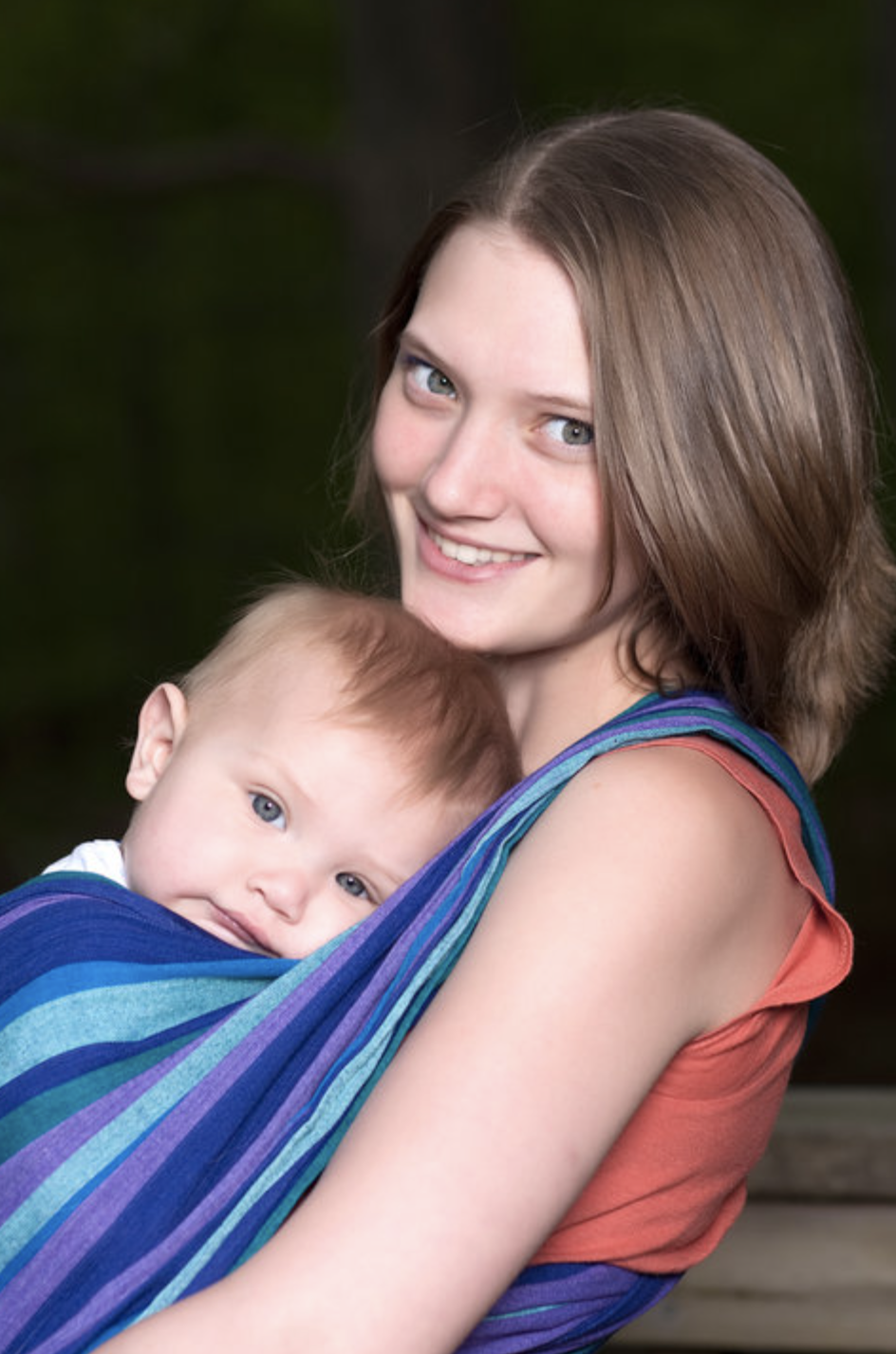
I was working nights as a cop and I was completely overwhelmed by trying to find childcare, and my postpartum depression (PPD) got worse. I felt utterly and completely defeated. My life as a military single parent was not sustainable. My therapist recommended I seek medication from a psychiatrist, but after all the flack I’d gotten about needing room to breastfeed, I didn’t want to call attention to myself by asking for a referral.
When I finally agreed to see a psychiatrist, the doctor saw that my situation was unmanageable and recommended that I try to get a medical retirement. I grieved for what I saw as a huge failure on my part. My co-workers piled their scorn onto my own heavy burden of shame and guilt: One female officer accused me of faking my PPD and my divorce so I could “go eat bonbons.”
Around six weeks before my retirement was finalized, I was sent on a six-week training mission. I tried to argue that I didn’t need training since I was retiring soon. But more importantly: Where would my newborn baby go? My commander frankly didn’t care. The Army allowed me a four-day pass so I could drive 18 hours to Virginia to leave my exclusively breastfed baby with my parents, then turn around and drive back in the icy February weather. I didn’t know when I would be able to see him again, since my discharge date was unknown.
At the training camp, there were no outlets, so I couldn’t bring my electric breast pump. My manual pump broke the first day. I begged the medic, who was headed back to base, to please grab my electric pump, hoping she could return before my milk dried up. I had to plug the pump into the generator in the center of camp and use it there, wearing a poncho for privacy. Those humiliating public pump sessions, which invited rude remarks from the male soldiers, only made me more grateful I was leaving the Army.
The medic stored my breast milk in the freezer, and I was able to mail it to Virginia after the training exercise was over. To this day, I’m proud that, despite every possible obstacle the Army put in my way, I was able to keep breastfeeding my baby.
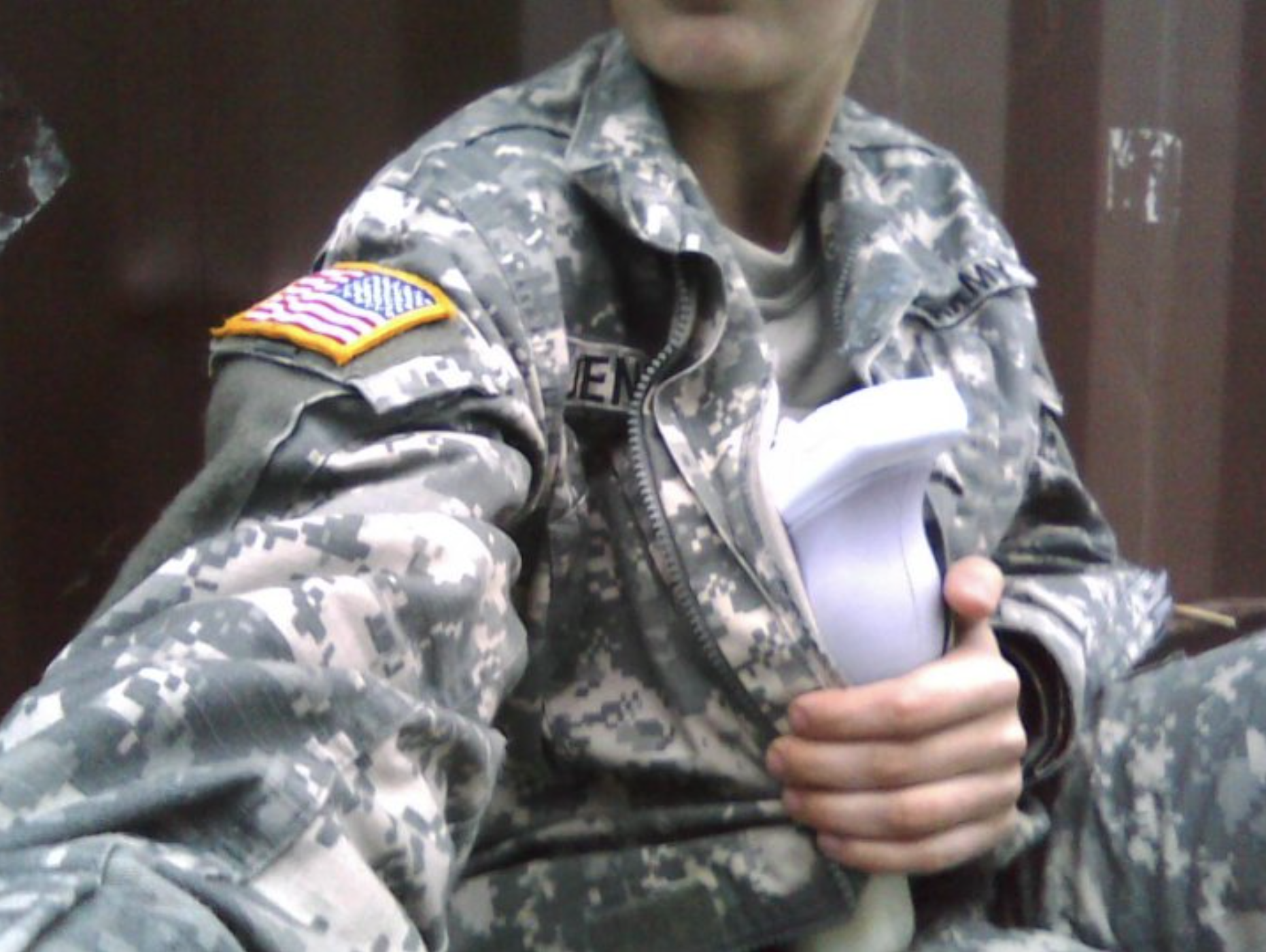
After my retirement, I became a student midwife, then went for my nurse practitioner license in women’s health. I wanted to make sure no other woman had the terrible birth and postpartum experiences I had. Although the Army provided an extreme example of the lack of support regarding postpartum needs, that kind of hostile environment isn’t rare. Recognizing that the mental health of parents is so often overlooked, I got further training in psychiatry.
Just as I was finishing my psychiatry program, the Covid-19 pandemic pummeled already stressed parents who now had to juggle homeschooling and full-time jobs. Parents were having an incredibly difficult time, especially pregnant and postpartum moms.
During the pandemic, I started my own mental health practice for parents and queer folks. I find it rewarding to show parents they have options, and help moms find medications that are safe for their babies while they’re breastfeeding or pregnant. Most of all, I want the patients I serve to know I see them, I understand them — and whatever struggles they may be facing, they won’t be facing them alone.
Have a Real Women, Real Stories of your own you want to share? Let us know.
Our Real Women, Real Stories are the authentic experiences of real-life women. The views, opinions and experiences shared in these stories are not endorsed by HealthyWomen and do not necessarily reflect the official policy or position of HealthyWomen.


